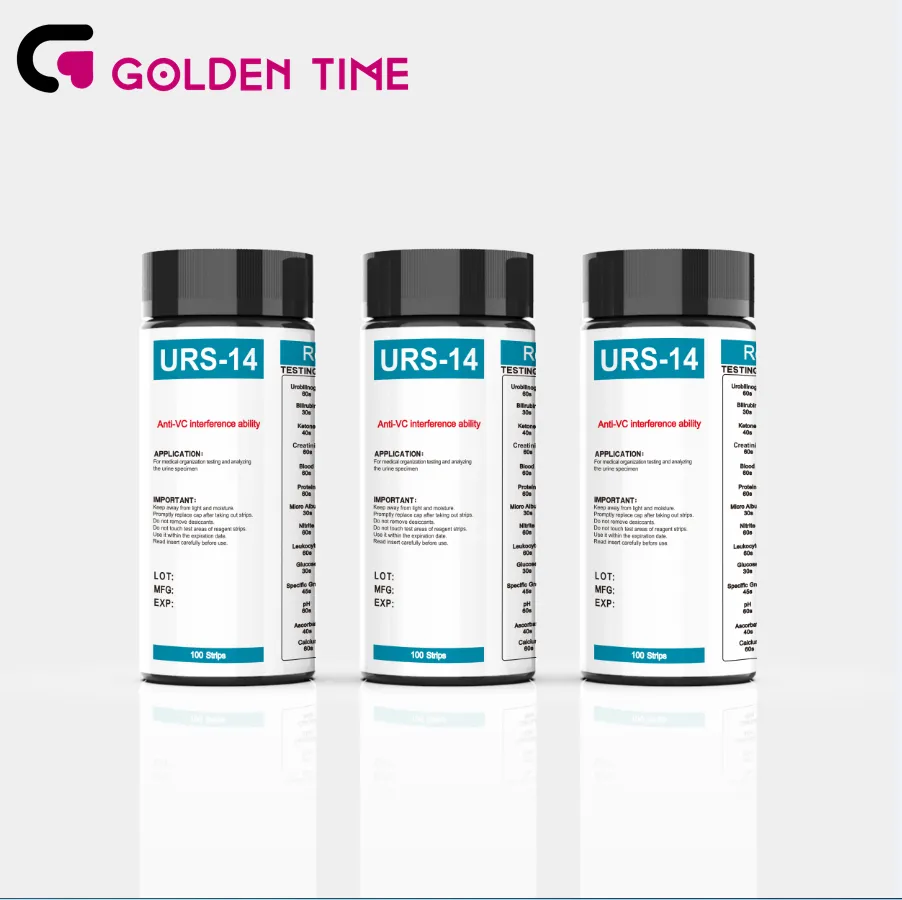Nov . 18, 2024 09:29 Back to list
Stool Antigen Testing for Detecting Helicobacter Pylori Infection in Patients
Stool Antigen Test for H. pylori A Non-Invasive Diagnostic Tool
Helicobacter pylori (H. pylori) is a bacterium that has been identified as a major contributor to various gastrointestinal disorders, including peptic ulcers and gastric cancer. Accurate and timely diagnosis of H. pylori infection is crucial for effective management and treatment. Among several diagnostic methods available, the stool antigen test has emerged as a reliable and non-invasive option.
Stool Antigen Test for H
. pylori A Non-Invasive Diagnostic ToolThe procedure for the stool antigen test is straightforward. Patients are typically instructed to provide a fresh stool sample, which is then sent to a laboratory for analysis. Results are usually available within a short period, allowing for prompt diagnosis and treatment planning. The sensitivity and specificity of the stool antigen test have been shown to be quite high, often exceeding 90%, which means it is effective in accurately identifying H. pylori infections.
stool antigen test for h pylori

One critical advantage of the stool antigen test is its ability to be used for both initial diagnosis and post-treatment evaluation. Following therapy, healthcare providers can utilize the test to confirm the eradication of H. pylori. This follow-up is essential as it helps prevent recurrence of symptoms and ensures that the treatment has been successful.
Despite its benefits, the stool antigen test does have some limitations. Certain factors, such as recent antibiotic use or proton pump inhibitors (PPIs), can affect the accuracy of the results. Therefore, healthcare providers often recommend avoiding these medications for a specific period before the test to ensure reliable outcomes.
In conclusion, the stool antigen test for H. pylori stands out as a non-invasive, convenient, and effective diagnostic tool. Its ability to provide quick results and its high accuracy rate make it a preferred method for both initial diagnosis and post-treatment evaluation. As awareness of H. pylori’s role in gastrointestinal diseases continues to grow, the stool antigen test will play an increasingly vital role in ensuring proper patient care and management.
-
Highly Accurate hCG Pregnancy Test Strips - 5 Min Results
NewsAug.02,2025
-
Premium Empty ABS Plastic Cassettes: Durable & Lightweight Storage
NewsAug.01,2025
-
Accurate Cocaine (Coc) Rapid Test Kit | Fast & Reliable Detection
NewsJul.31,2025
-
Accurate HCG Pregnancy Test Strips | Fast Home Use Kit
NewsJul.31,2025
-
Reliable Early Pregnancy Test Kit Supplier - Multi Plastic Cassette Options
NewsJul.30,2025
-
Transferrin Rapid Test Cassette – Reliable Tumor Marker Detection
NewsJul.29,2025

